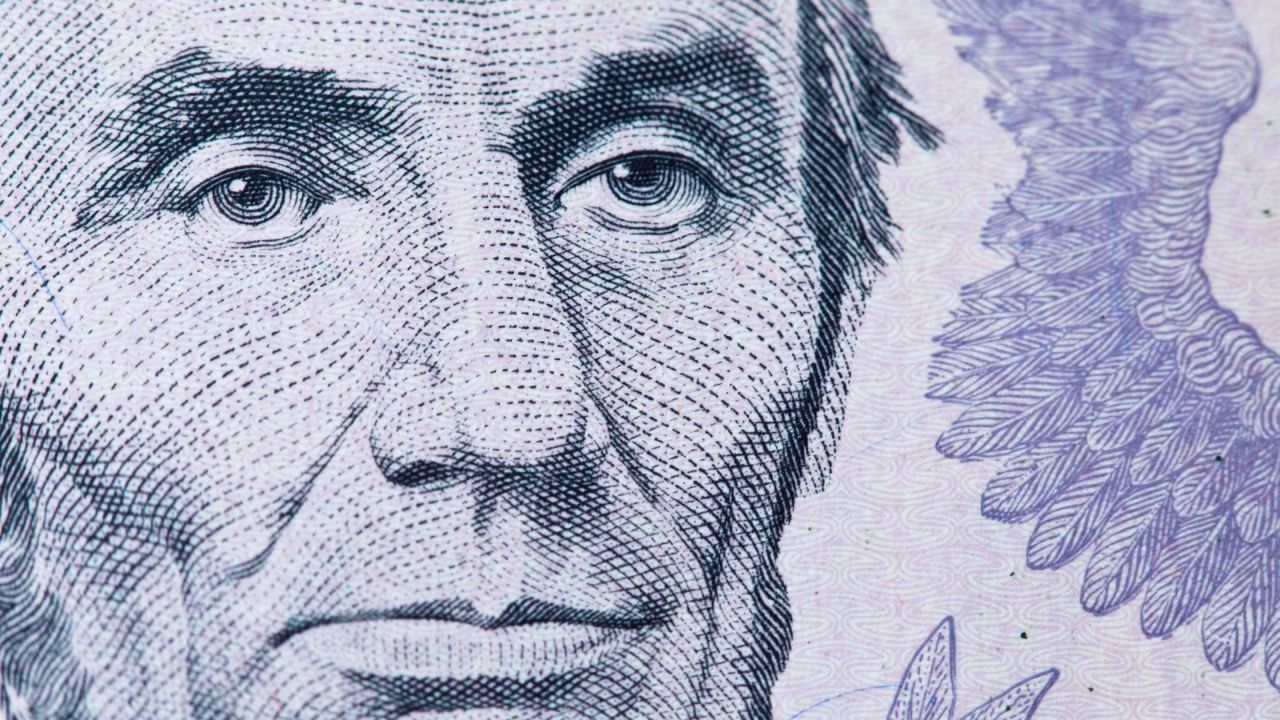
Abraham Lincoln is undoubtedly regarded as one of the greatest presidents of the United States for saving the Union and putting an end to slavery. However, some facts about Abraham Lincoln are not so well-known
He came from a rural background and was an obscure lawyer from Springfield with an unappealing physique. A poor orator, his political experience was desultory, as he failed twice to get elected to the Senate and was just a one term Congressman. When the Republican Party met in Chicago on 18 May 1860 to choose its presidential candidate, Lincoln had in the face of him two stalwarts: William Henry Seward, Senator of New York with ten years experience as Governor and Salmon P. Chase, Senator and Governor and a founding member of the Republican Party.
Both were fiery personalities and powerful orators with huge political influence. They were confirmed abolitionists compared to Lincoln who was a moderate as his stand was simply limited to not extending slavery to the newly acquired states from Mexico. It is precisely because of his moderate stance that, to the surprise of one and all, he won the nomination of the Republican Party.
In his inaugural speech on his election as President on 6 Nov 1860, he stated that he would respect the Constitution (which considered a slave to be worth 3/4 of a free man), that he would not touch the institution of slavery where it existed and emphasized on the need for keeping the union of all states in a federal form. The radicals of his Party found his speech too conciliatory and were dismayed. No one was more disappointed than Frederick Douglas, a former slave who learned to read and write and became a prolific antislavery speaker. He reprehended particularly the fact that Lincoln did not mention any change in the practice of bringing back fugitive slaves to their masters, who then meted greater punishment on them.
Despite these assurances given to the southern states, the latter seceded a few days after the inauguration of Lincoln and attacked Fort Sumter. On 4 July 1860, a Special Session of Congress voted on a resolution to declare war on the South. This war lasted for 4 years and led to 600, 000 deaths. One of the reasons why it dragged on for so long, according to critics, was the blind faith of Lincoln in his general, Mc Clennan - a vain and arrogant young dandy who could not take decisions and let many opportunities slip away. This led to disastrous defeats like the Battle of Bull Run.
However, the defeats provided Lincoln with food for thoughts and helped in the evolution of his approach towards slavery. He found out that the rebels were forcefully making use of slaves to assist them in their war efforts. One strategy to weaken them was to deprive them of this free slave labour.
Militarily, it was essential to liberate the slaves in order to win the war. So Lincoln requested the Senate and the House of Representatives to pass a resolution to the effect that federal assistance to the tune of 400 dollars per head would be provided for the liberation of slaves. This motion was defeated as most Representatives held the view that the slaves should be freed without any compensation.to the owners who had participated in the rebellion. The Second Confiscation Act was passed in that connection. On 22 July 1862, Lincoln went a step further and came up with the Declaration of Emancipation, stipulating that all states would be under obligation to liberate the slaves as from 1 Jan 1863. The law on slavery was abrogated, promising freedom to some 3.5 m slaves.
But it was not proclaimed. It was felt that a military victory would be a propitious moment for the proclamation. In the meantime, the population should a priori be sensitized to this momentous decision. It is during this period that Lincoln came up with the retrograde idea of voluntary emigration of freed slaves to another Central American country, as the belief was that the white and black races could not coexist. This idea infuriated the black community and Lincoln was forced to backpedal on this matter.
Soon Ulysses Grant, the newly appointed General, brought victory after victory. The turning point came with the Battle of Gettysburg, where the rebels capitulated. It is then that Lincoln proclaimed the abolition of slavery and delivered his eponymous speech on democracy,"government of the people, by the people and for the people".
The cornerstones of his presidency were the preservation of the union and the emancipation of slaves. After his reelection in November 1864, he promised the extension of the right to vote to all educated blacks. This infuriated the white Supremacists, who hatched a conspiracy and assassinated him on 15 April 1865.
Overall, Lincoln was a man of great magnanimity. He was known for his kindness, as he forgave many soldiers who had been court-martialled and preferred imprisonment to capital punishment. An endearing quality of his was his undying sense of humour, regaling his audience with his unending repertory of anecdotes. Tolstoi described him as "a humanist as great as the world".
Azize Bankur
Source : Lincoln by Doris Kearns Goodwin, winner of the Pulitzer Prize.
 J'aime
J'aime













